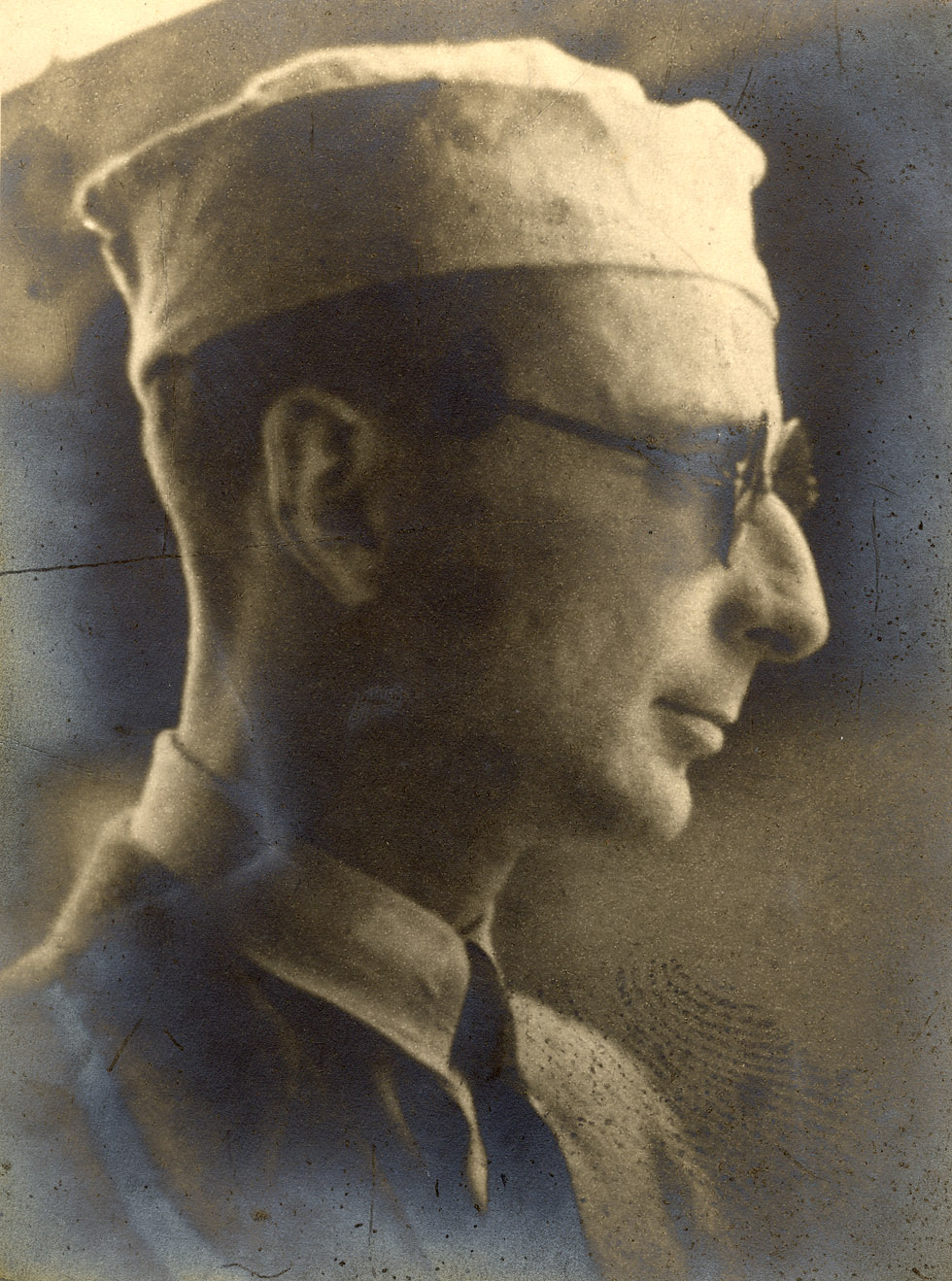Born in Ponykva (his family estate in the eastern Lesser Poland; present-day Ukraine) on the 13th of April, 1909. He finished a classical secondary school in Lviv and then took up studies at the Paris Ecole des Sciences Politiques, which he completed with distinction – a gold medal – at the age of twenty. Having returned to Lviv, he received the degree of Master of Laws. He had also commenced his journalistic activity already in the 1920’s. In 1925 he published a pamphlet – co-authored by his brother Aleksander – entitled Tendencje samobójcze narodu polskiego, in which the brothers criticized Polish political traditions of the past centuries. In 1927 they started editing the “Głos Zachowawczy” magazine, which propagated Conservative views referring to the tradition of the Kraków ’Stańczycy’ circle appreciated by Adolf for their political realism. In 1928 Adolf Bocheński published a book called Ustrój a racja stanu, one of the most interesting works of Polish political thought from the period of the Second Polish Republic. From 1931 he wrote for “Bunt Młodych” (a magazine issued under the title of “Polityka” from 1937 on), sometimes using a pen-name of ‘Franciszek Czerwiński’. Under the pen-name of ‘Franciszek Landorf’ he also published his articles in “Droga” and the Vilnius “Słowo”. His scholarly studies regarded the problems of history and politics and took up constitutional and governmental issues, as well as certain questions of Polish foreign policy and reasons of State. It was just to the latter questions that his most famous book was dedicated, namely, Między Niemcami a Rosją, edited by “Polityka” in 1937 and often regarded as the most distinguished Polish work on geopolitical issues. In Bocheński’s opinion, the archenemy of Poland was Soviet Russia. He was among those thinkers of the Second Polish Republic who scented a chance to weaken the USSR in forming a belt of independent states of the peoples that had formerly been subjugated by Russia – particularly the Ukrainian nation - between Poland and the Soviets. After the outbreak of the Second World War – in spite of his ill health and medical conditions that exempted him from military service - Bocheński joined the 22nd Carpathian Uhlan Regiment with which he crossed the Hungarian border and, later, made his way to France. He fought at Narvik and took part in the final stage of the battle of France; having got to Syria, he joined the Polish Independent Carpathian Brigade and fought in Libya and in Italy. He was awarded the Cross of Valour twice and also received the War Order of Virtuti Militari. He died on the 18th of July, 1944, having volunteered to clear a minefield near Ancona.

